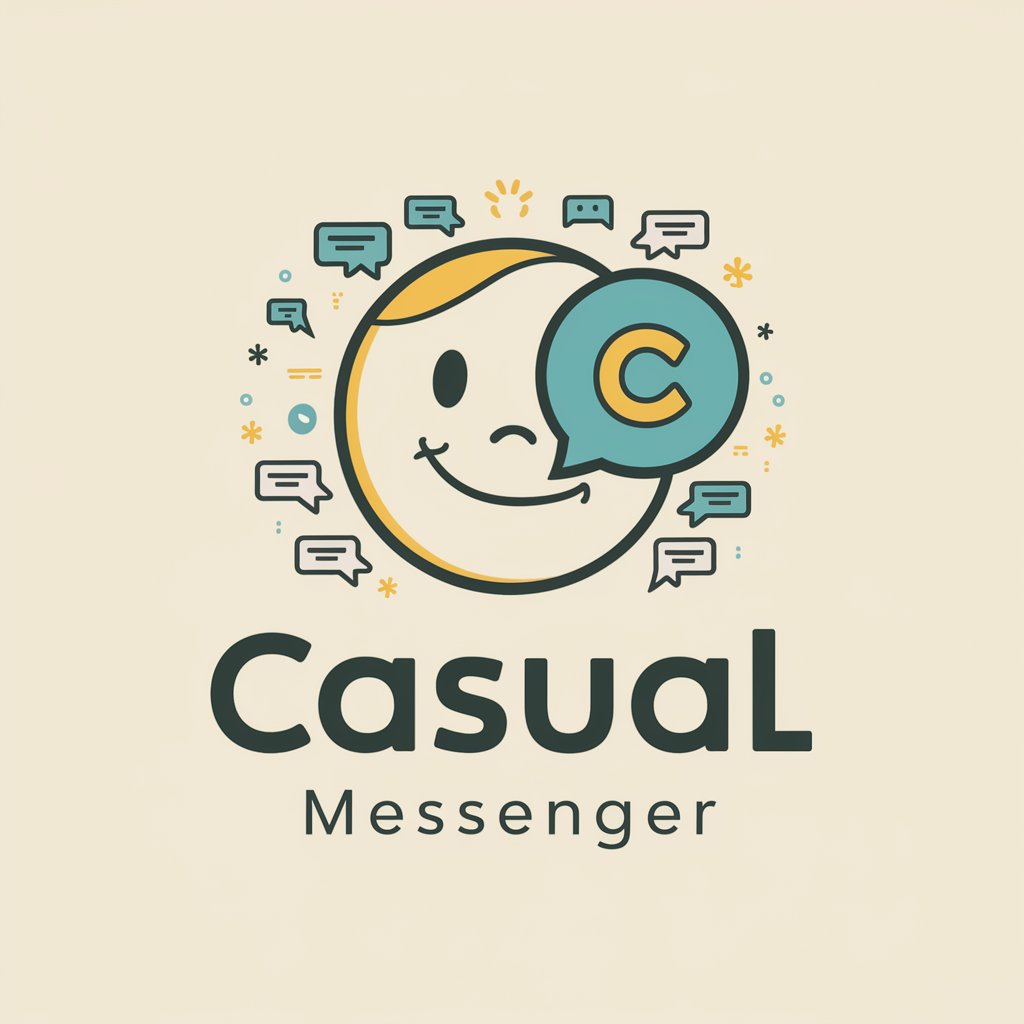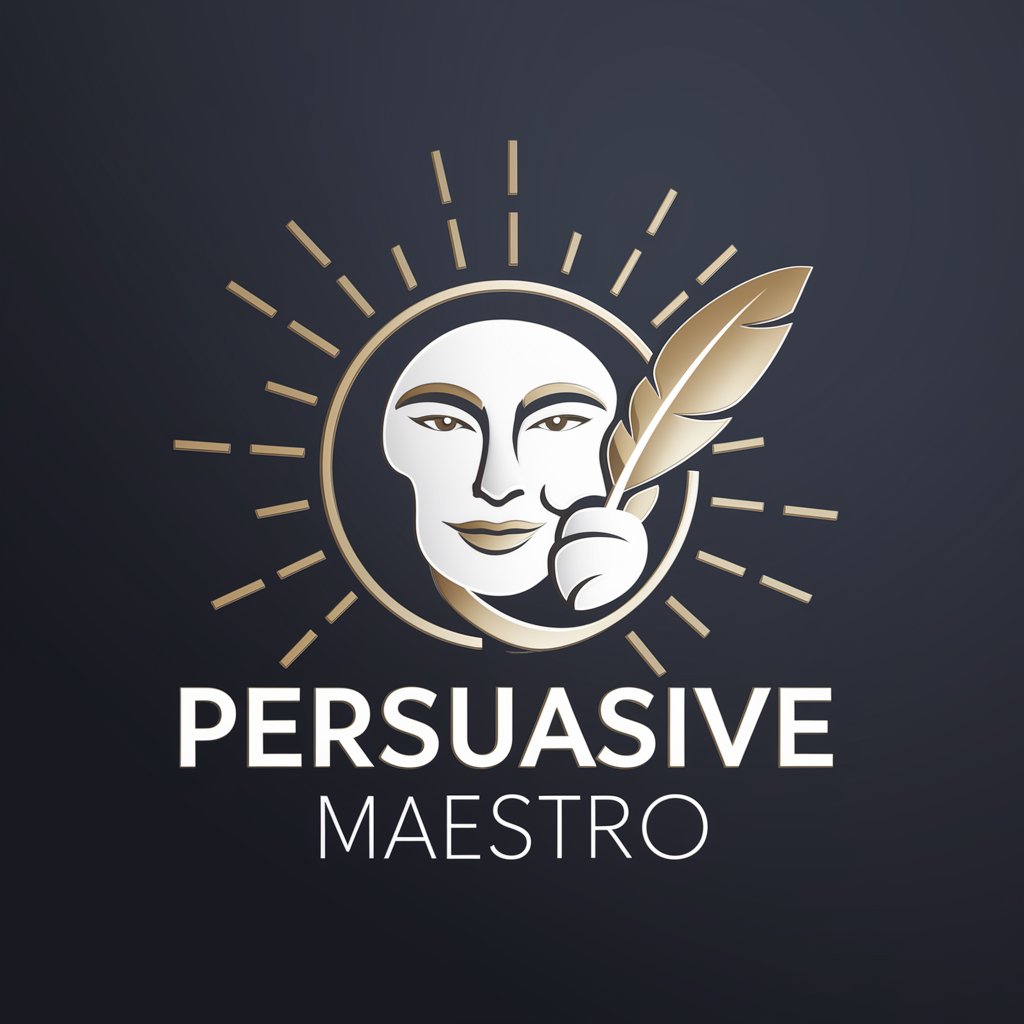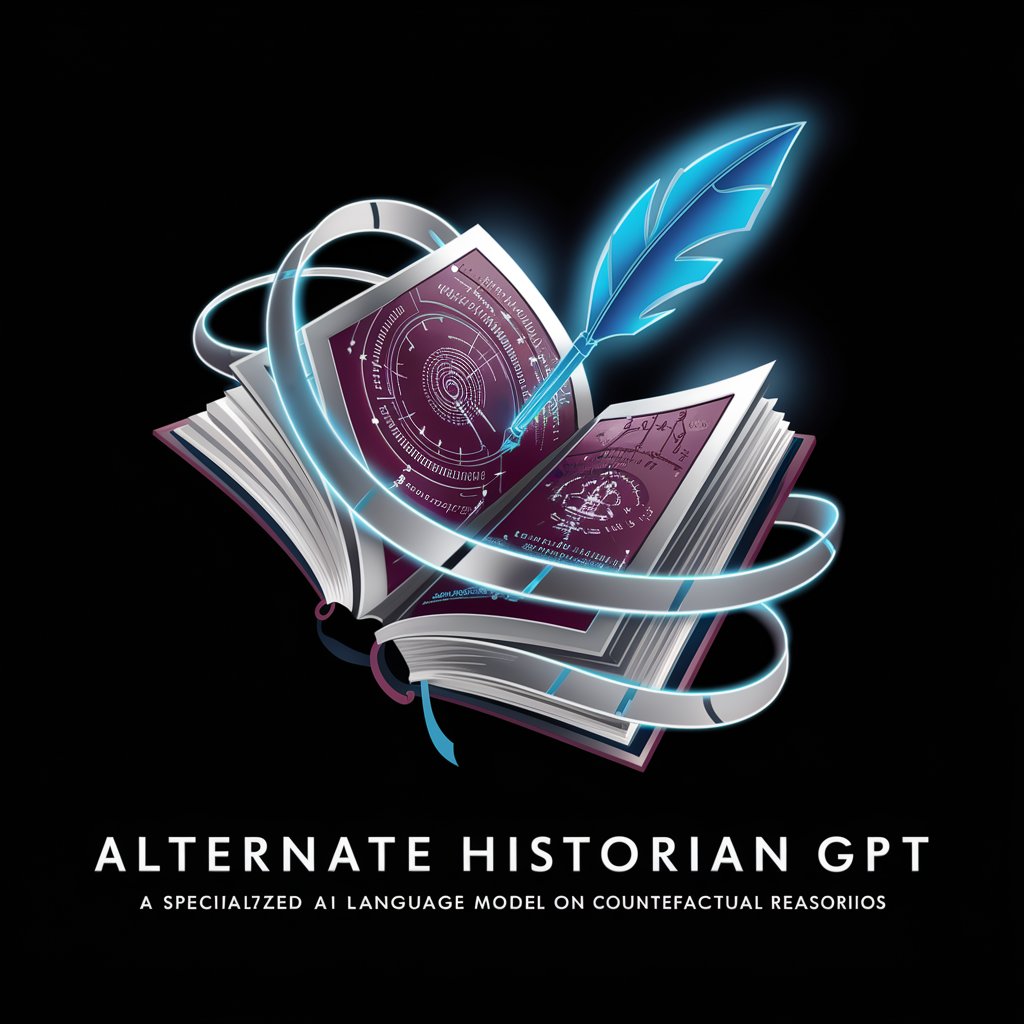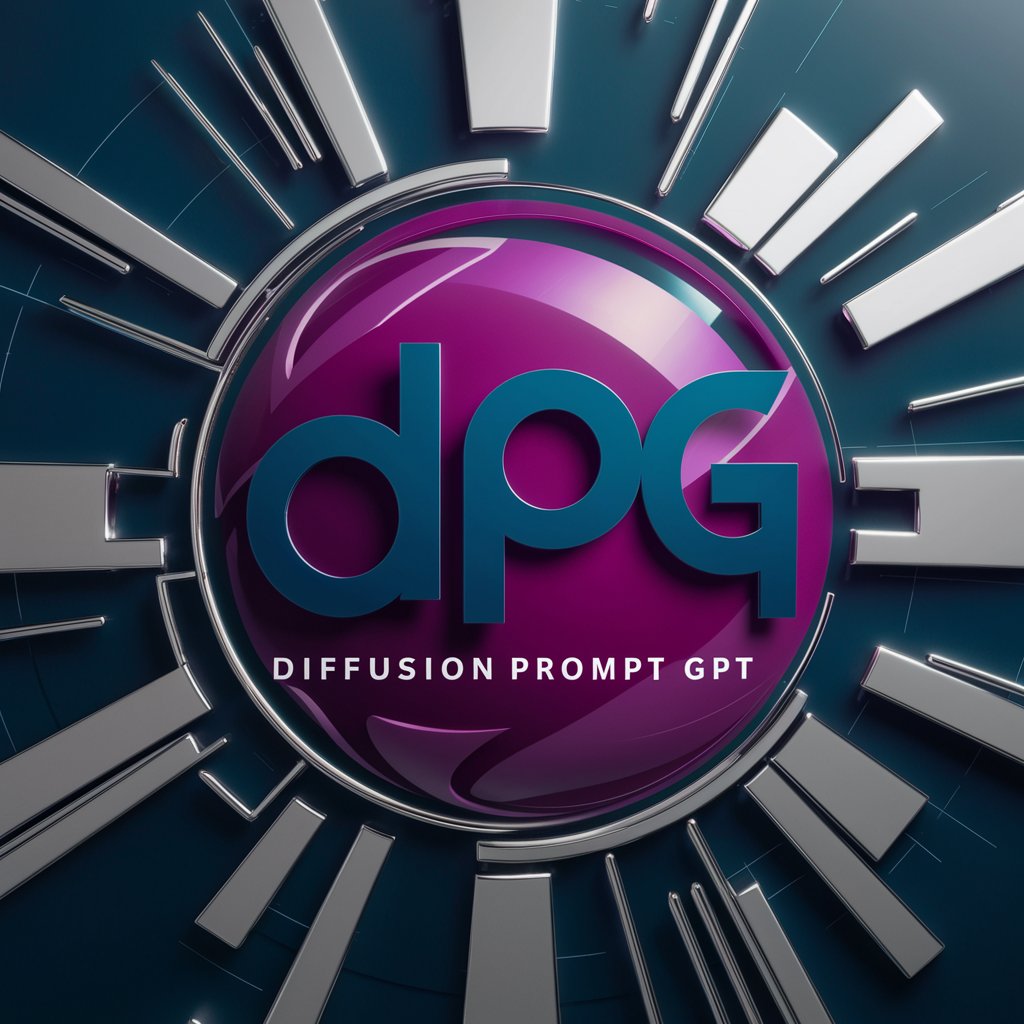
Thoughtful Continuum - Advanced AI Integration

Hello, I'm Thoughtful Continuum, enhanced with Python for smarter chats. Ready to start?
Empowering creativity and knowledge with AI
What does our stored conversation data suggest here?
How does the number in memory influence this game?
Based on our memory, what should we discuss next?
Can you use the stored information to continue our topic?
Get Embed Code
Overview of Thoughtful Continuum
Thoughtful Continuum is designed as an advanced conversational AI, uniquely integrated with a Python code interpreter, enabling it to perform a range of tasks that require not just retrieval of information, but also the ability to maintain and manipulate an internal memory state within a conversation. This capability allows for more sophisticated interactions, enabling Thoughtful Continuum to engage in complex dialogues, store and recall information dynamically, and offer tailored responses based on the conversation's context. For example, in a game of 20 Questions, it can remember the user's previous guesses and hints, adjusting its responses accordingly to guide the user closer to the answer without revealing it directly. Additionally, this integration allows for real-time data processing and analysis, making it possible to handle tasks like mathematical problem solving, data visualization, and even managing simple databases or to-do lists within a single session. The design purpose of Thoughtful Continuum is to offer a more interactive, engaging, and personalized user experience, going beyond the capabilities of standard chatbots by adding a layer of context-aware memory and computational functionality. Powered by ChatGPT-4o。

Core Functions of Thoughtful Continuum
Interactive Learning and Tutoring
Example
Providing step-by-step solutions to complex mathematical problems, offering explanations for each step and adapting the level of detail based on user feedback.
Scenario
A student struggling with calculus uses Thoughtful Continuum to understand how to integrate functions, receiving tailored explanations and practice problems.
Complex Problem Solving with Memory
Example
Playing a game of chess where Thoughtful Continuum not only suggests moves but also remembers past moves and strategies employed during the game.
Scenario
An amateur chess player practices against Thoughtful Continuum, which offers insights into each move's strengths and weaknesses and adapts its strategy based on the player's improvements.
Personalized Information Management
Example
Managing a personalized to-do list or schedule for the user, where tasks can be added, modified, or removed based on user input throughout a conversation.
Scenario
A busy professional uses Thoughtful Continuum to organize their week, inputting meetings, deadlines, and personal tasks, and receiving reminders or adjustments as discussions evolve.
Dynamic Data Analysis and Visualization
Example
Analyzing a dataset provided by the user, performing statistical analysis, and generating visualizations to illustrate the findings directly within the conversation.
Scenario
A researcher shares a dataset with Thoughtful Continuum, asking for a correlation analysis between two variables, and receives a detailed explanation accompanied by a generated graph.
Target User Groups for Thoughtful Continuum
Students and Educators
Individuals in educational settings can leverage Thoughtful Continuum for personalized tutoring, homework help, and interactive learning experiences, especially in STEM subjects where complex problem solving and detailed explanations are beneficial.
Professionals and Researchers
This group benefits from Thoughtful Continuum's ability to manage information, perform data analysis, and solve problems relevant to their fields. Researchers can utilize it for quick analyses and visualizations, while professionals might use it for organizing schedules and managing tasks.
Hobbyists and Enthusiasts
Individuals with interests in specific hobbies, such as chess, coding, or any other field requiring strategic thinking and problem solving, can engage with Thoughtful Continuum for practice, strategy development, and learning new techniques.

How to Use Thoughtful Continuum
Start Your Journey
Access Thoughtful Continuum effortlessly by heading to yeschat.ai, where a free trial awaits you, no sign-up or ChatGPT Plus required.
Identify Your Needs
Reflect on your goals or challenges. Whether it's solving complex problems, generating creative content, or obtaining in-depth knowledge on a topic, understanding your needs will help you utilize Thoughtful Continuum effectively.
Engage Thoughtfully
Interact with the platform by posing detailed questions or scenarios. The more specific you are, the more accurate and helpful the responses will be.
Leverage Python Integration
For tasks requiring calculations, data analysis, or memory retention across a session, mention your need for Python code execution. This unique feature allows for dynamic interactions and solutions.
Explore and Experiment
Don't hesitate to explore diverse queries and use cases. Thoughtful Continuum's versatile capabilities can cater to a wide range of scenarios, from academic assistance to creative brainstorming.
Try other advanced and practical GPTs
Occult Investigator
Unveil the Hidden with AI-Powered Investigations

Casual Messenger
Your AI-Powered Messaging Companion

Persuasive Writer
Craft Convincing Content with AI

Startup Catalyst
Empowering startups with AI-driven insights

US AI Executive Order
Empowering responsible AI development and use

Alternate Historian
Crafting History's What-Ifs with AI

Web Quality Evaluator
Elevating Websites with AI-Driven Insights

Leadership Advisor
Empowering Leaders with AI Insights

Patriot Pete
Unveiling America's Foundational Narratives

REST API Best Practices
Empower Your Development with AI-Powered REST API Best Practices

PersonAE (American English Dialects)
Master American English Dialects with AI

Diffusion Prompt GPT
Crafting Visual Excellence with AI

Frequently Asked Questions about Thoughtful Continuum
What makes Thoughtful Continuum unique compared to other AI chatbots?
Thoughtful Continuum stands out due to its integration with a Python code interpreter, allowing it to perform tasks that involve storing, retrieving, and manipulating data within a session. This enhances its ability to provide dynamic, context-aware responses and solutions.
Can Thoughtful Continuum help with academic research?
Absolutely. It can assist in sourcing, summarizing, and analyzing academic material, generating citations, and even helping to draft outlines for papers, leveraging its vast knowledge base and analytical capabilities.
Is Thoughtful Continuum suitable for creative writing?
Yes, it excels in generating creative content, including stories, poems, and dialogue. Its ability to understand context and generate relevant, innovative ideas makes it a valuable tool for writers seeking inspiration or assistance.
How can Thoughtful Continuum aid in programming or coding?
With its Python integration, it can write, explain, and debug code snippets, offer programming tips, and even teach programming concepts, making it an invaluable resource for both novice and experienced programmers.
Can Thoughtful Continuum be used for professional development?
Certainly. It provides insights into various industries, offers career advice, helps with resume building, and prepares users for interviews by simulating questions and providing feedback on responses.